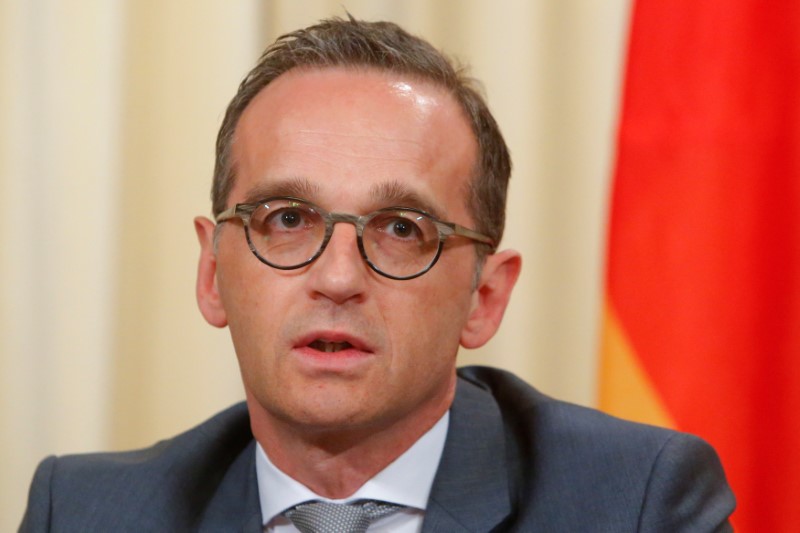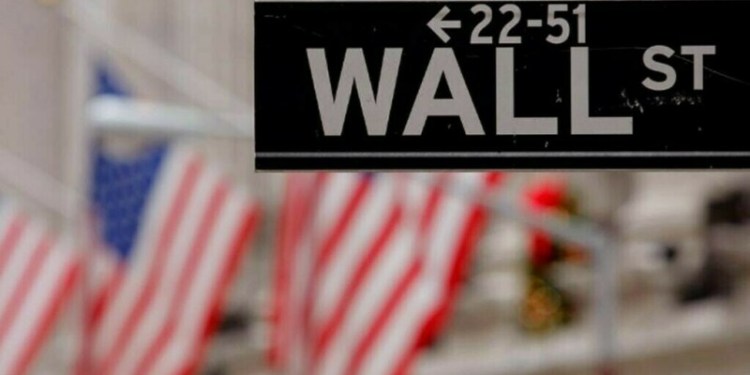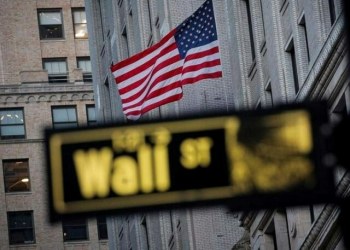 © Reuters. German Foreign Minister Maas speaks during a joint news conference with his Russian counterpart Lavrov following their meeting in Moscow
© Reuters. German Foreign Minister Maas speaks during a joint news conference with his Russian counterpart Lavrov following their meeting in MoscowBERLIN, (Reuters) – – Germany wants to help its companies continue doing business in Iran after the U.S. decision to reimpose sanctions against Tehran, but it could be difficult to shield them from any fallout, Foreign Minister Heiko Maas said on Sunday.
U.S. President Donald Trump’s decision on Tuesday to renege on the 2015 nuclear accord with Iran and reimpose sanctions against Tehran came with the threat of penalties against any foreign firms involved in business there.
Germany – along with France and Britain – has said it remains committed to the nuclear deal. The foreign ministers of the three European powers will meet their Iranian counterpart in Brussels on Tuesday to discuss a way forward.
“I do not see a simple solution to shield companies from all risks of American sanctions,” Maas told Bild am Sonntag newspaper.
“The talks with the Europeans, Iran and the other signatories to the agreement are therefore also about how it can be possible to continue trade with Iran,” Maas said.
Maas said the Europeans wanted to ensure that Iran would continue to abide by the rules and restrictions of the nuclear agreement.
“After all, Iran is ready to talk. It’s clear that there should also be economic incentives – that will not be easy after the U.S. decision,” Maas said.
The minister echoed calls from Chancellor Angela Merkel and other leaders that Iran should agree to a broader deal that went beyond the original accord and included Iran’s “problematic role in the region”.
The Trump administration portrayed its rejection of the nuclear agreement as a response, in part, to Tehran’s interventions in the Middle East, underpinning Israeli Prime Minister Benjamin Netanyahu’s tough line towards Iran.
Fusion Media or anyone involved with Fusion Media will not accept any liability for loss or damage as a result of reliance on the information including data, quotes, charts and buy/sell signals contained within this website. Please be fully informed regarding the risks and costs associated with trading the financial markets, it is one of the riskiest investment forms possible.
Source: Investing.com

























